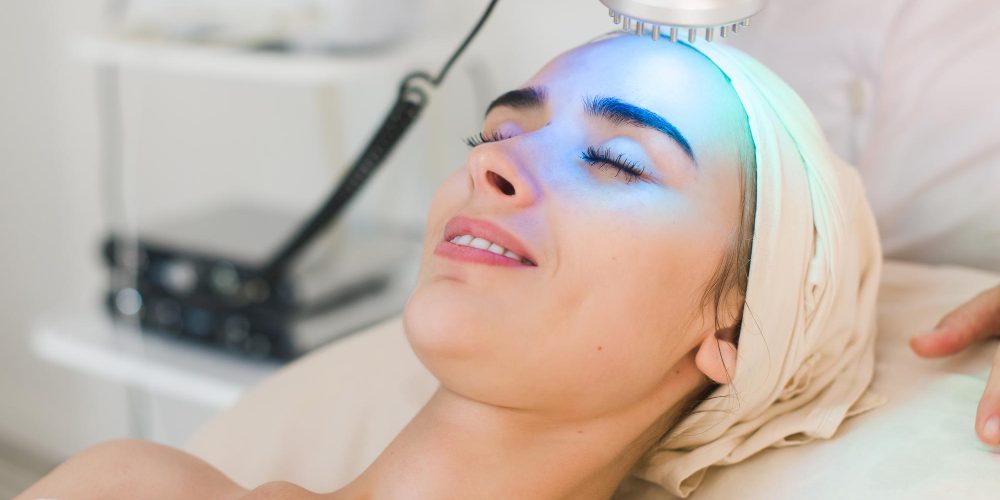Laser Skin Whitening Treatment in Amritsar: A Modern Solution with a Deeper Social Context
May 15, 2025

Laser skin whitening treatment in Amritsar is gaining popularity among women who wish to lighten their skin tone and achieve a brighter complexion. While the desire for fairer skin is personal, it’s important to understand the deeper social and historical factors that have shaped beauty standards, especially in cultures like India.
The Societal Lens: Fairness as a Social Bias
For centuries, fair skin has been wrongly equated with beauty, status, and success. In traditional Indian society—and unfortunately even today in some circles—fair skin is often seen as a symbol of desirability, especially for women. Such biases have led to many women with darker complexions feeling undervalued and subjected to prejudice, especially in marriage prospects or family settings.
These unfair standards aren’t unique to India. The United States has a long history of racial discrimination against Black individuals, denying them equal rights and opportunities. South Africa experienced similar injustices during the apartheid era, where Black citizens were systematically oppressed.
Scientific Perspective: Understanding Skin Color
From a medical standpoint, all human beings—regardless of skin color—have similar physiological and neurological structures. Skin color is determined by melanin, a pigment produced by melanocyte cells in the skin. Darker skin simply has a higher concentration of melanin. Other contributing factors include genetics, climate, and UV exposure—especially in regions closer to the equator.
A Personal Choice, Not a Social Obligation
This article aims to shed light on the biases surrounding skin color—not to promote them. Every skin tone is beautiful in its own unique way. If someone chooses to explore skin-lightening treatments, it should be a personal decision—much like changing hairstyles or fashion—not a result of societal pressure or inferiority complex.
Natural vs. Medical Options
While natural remedies for lightening the skin exist, they often require patience and consistency, which many people find difficult in today’s fast-paced world. This is where advancements in dermatology and cosmetic science offer more immediate and reliable solutions—like laser skin whitening.
Laser Skin Whitening: The Science Behind the GlowLaser skin whitening treatments use light energy to target and break down melanin deposits, encouraging the growth of new, healthier skin cells. Here’s a breakdown of popular laser techniques:
1. Ablative Resurfacing
- Removes the outer skin layers by vaporizing damaged tissues.
- Offers permanent results but involves more downtime (15–20 days) and higher risks.
2. Carbon Dioxide (CO2) Lasers
- Stimulates collagen production.
- Treats pigmentation, fine lines, and wrinkles effectively.
3. Erbium Laser
- Targets scarring and damaged skin using a solid-state laser.
- Suitable for mild to moderate skin issues.
4. Non-Ablative Resurfacing
- Works beneath the surface without damaging the outer layer.
- Requires multiple sessions but offers quicker recovery.
5. Fractional Resurfacing
- A hybrid method using microbeams to treat both surface and deep layers.
- Balances effectiveness and recovery time.
6. IPL (Intense Pulsed Light)
- Uses multiple light wavelengths for customized treatment.
- Allows precise targeting of pigments at various skin depths.
Pros & Cons of Laser Treatment
Advantages:
- Quick results
- Radiant and youthful skin
- Additional benefits like reduced wrinkles, lines, and dead skin cells
- Performed by qualified dermatologists
Potential Side Effects:
- Hyperpigmentation or hypopigmentation
- Redness, swelling, blisters, or scabbing
- Requires pre-treatment care and post-treatment protection
Preparing for the Procedure
Preparation begins six weeks before the actual treatment:
- Avoid alcohol, smoking, and sun exposure
- Use prescribed creams to hydrate and prepare the skin
- Follow dermatologist’s guidelines for diet and skincare
Pre-treatment consultations are crucial—they help clarify expectations, explain the process, and discuss possible side effects.
Alternatives to Laser Whitening
For those unable to afford laser treatments, alternatives include:
- **Dermabrasion:** Uses abrasive tools to exfoliate skin.
- **Chemical Peels:** Removes dead skin layers to reveal brighter skin beneath.
While these options are effective, laser treatment often yields more significant and faster results when performed by certified professionals.
Final Thoughts
Laser skin whitening is a powerful and advanced solution, but like any cosmetic procedure, it must be approached with awareness and responsibility. Choose it for yourself—not because of outdated societal standards. Talk to qualified dermatologists, understand the risks, and embrace your unique beauty—no matter your skin tone.
